
Find Help
More Items From Ergsy search
-

What impact has the sugar tax had on obesity rates?
Relevance: 100%
-

What is the sugar tax in the UK?
Relevance: 96%
-
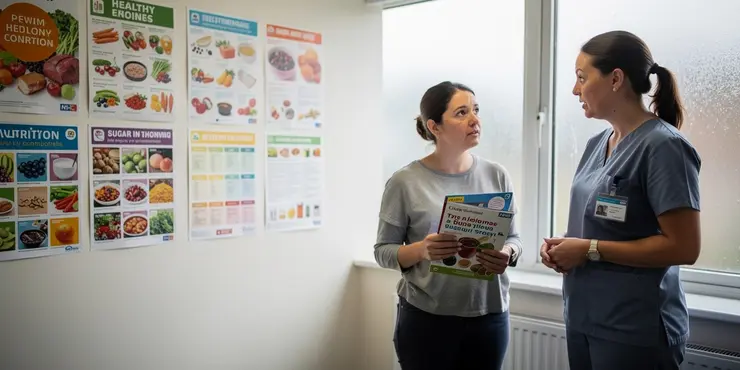
What are the rates for the sugar tax?
Relevance: 91%
-

Who pays the sugar tax?
Relevance: 89%
-

What is the purpose of the sugar tax?
Relevance: 89%
-
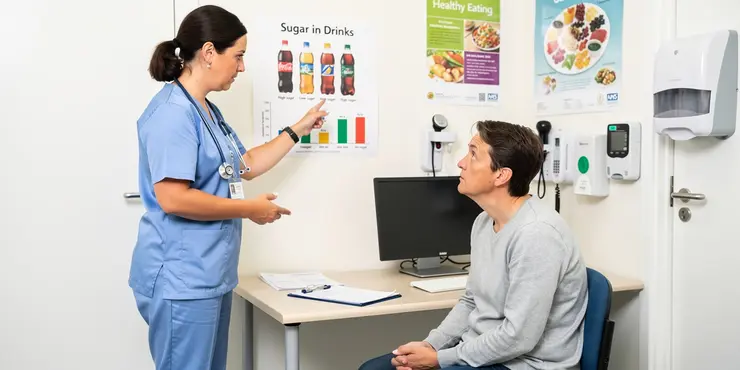
Has the sugar tax affected the sugar content in drinks?
Relevance: 89%
-
Is the sugar tax applied to diet or zero sugar drinks?
Relevance: 86%
-

How does the sugar tax affect consumers?
Relevance: 84%
-

Has the sugar tax been effective?
Relevance: 84%
-

What are the long-term goals of the sugar tax?
Relevance: 82%
-

Does the sugar tax apply to small businesses?
Relevance: 80%
-

Which drinks are exempt from the sugar tax?
Relevance: 76%
-

Has the sugar tax led to innovation in the drinks industry?
Relevance: 75%
-

How is the revenue from the sugar tax used?
Relevance: 75%
-

How does the sugar tax align with public health strategies?
Relevance: 75%
-
How much revenue has the sugar tax generated?
Relevance: 73%
-

How is the sugar tax applied?
Relevance: 67%
-

When was the sugar tax introduced in the UK?
Relevance: 66%
-

What is the nil rate band in Inheritance Tax?
Relevance: 65%
-

Could there be a reduction in the basic rate of income tax by 2026?
Relevance: 63%
-

Do all beneficiaries pay the same inheritance tax rate?
Relevance: 62%
-

What tax rate applies to capital gains from property sales?
Relevance: 58%
-

Have any other countries implemented a sugar tax similar to the UK?
Relevance: 56%
-
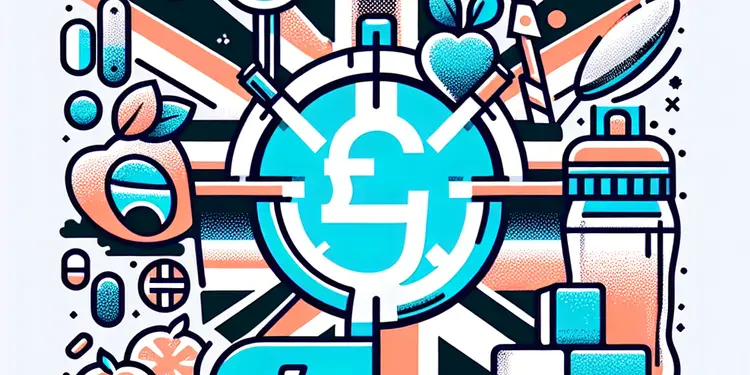
Are sugar substitutes healthier than regular sugar?
Relevance: 53%
-
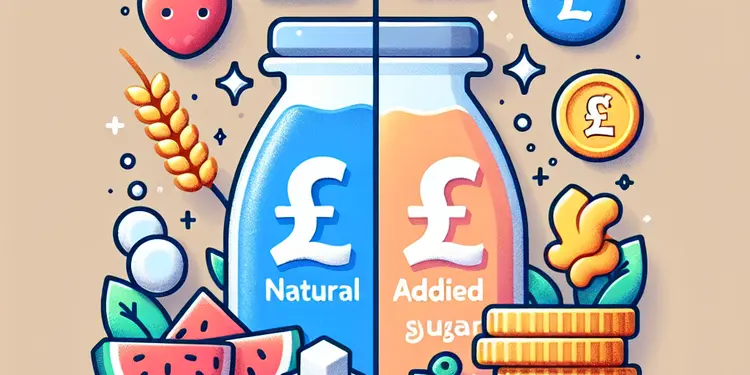
What is the difference between natural sugar and added sugar?
Relevance: 52%
-
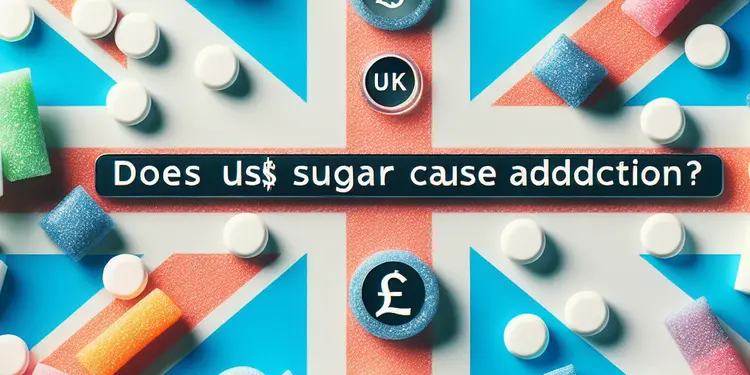
Does sugar cause addiction?
Relevance: 51%
-

What is the 'sugar crash'?
Relevance: 50%
-

Will there be a change in the additional rate threshold in April 2026?
Relevance: 50%
-

Why is it important to limit sugar intake?
Relevance: 49%
-
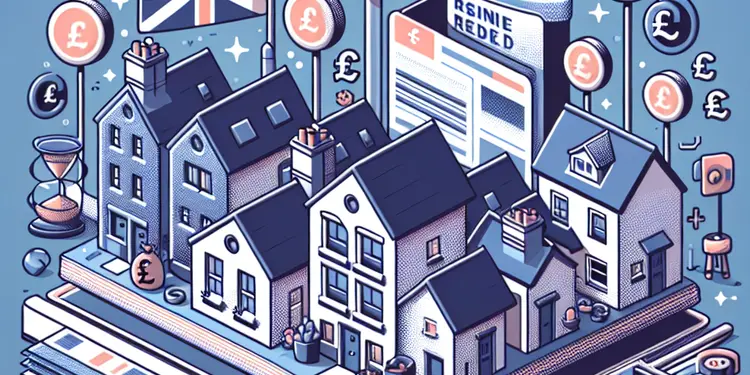
What is the residence nil rate band?
Relevance: 48%
-

Can I have sugar if I am diabetic?
Relevance: 48%
-
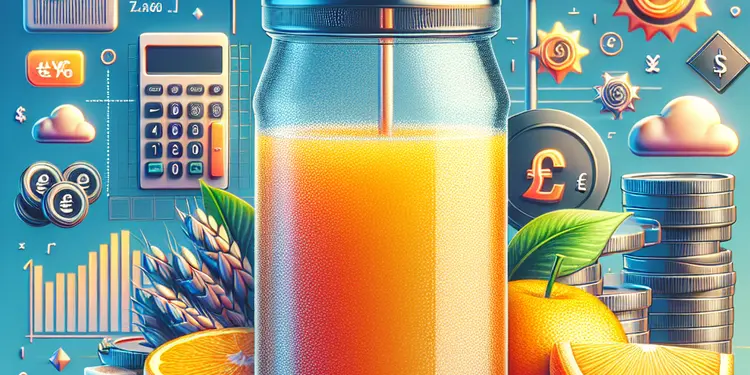
Is orange juice high in sugar?
Relevance: 48%
-

Are there different rates of Stamp Duty in the UK?
Relevance: 48%
-

Is honey a better alternative to sugar?
Relevance: 47%
-
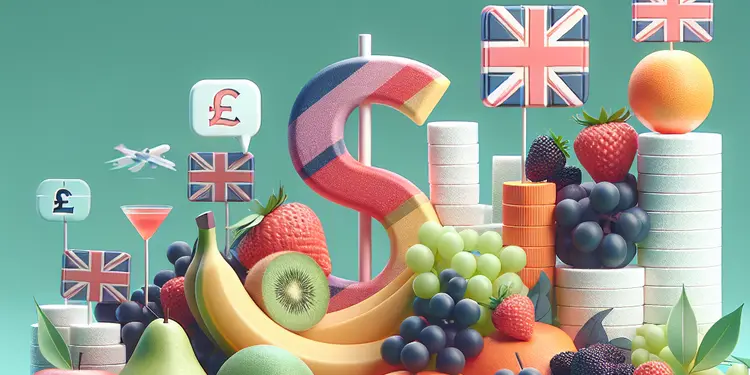
Is the sugar in fruit bad for you?
Relevance: 47%
-

Higher Income Tax - How to Claim Pension Tax Relief | Extra 20% Boost
Relevance: 47%
-

Is there a difference between inheritance tax and estate tax?
Relevance: 47%
-
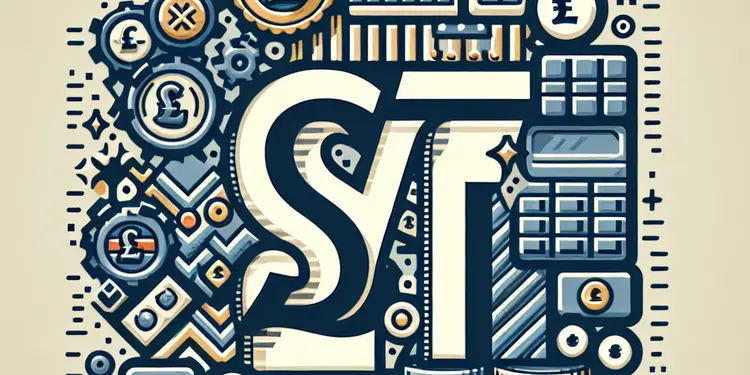
What is the VAT rate that I need to charge?
Relevance: 47%
-

How do I calculate my tax bill?
Relevance: 46%
-
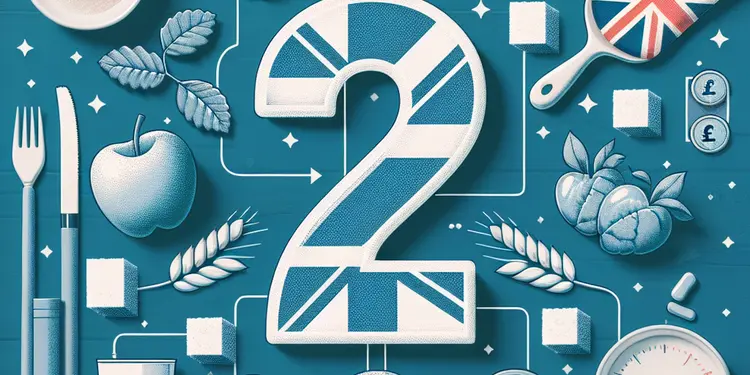
What is the role of sugar in a balanced diet?
Relevance: 46%
Introduction to the Sugar Tax
The sugar tax, officially known as the Soft Drinks Industry Levy, was introduced in the UK on April 6, 2018. Its primary aim is to tackle childhood obesity by encouraging soft drink manufacturers to reduce the sugar content of their products or face penalties. The levy applies mainly to sugary soft drinks, excluding fruit juices and milk-based drinks.
Rates of the Sugar Tax
The sugar tax is levied on producers and importers of soft drinks that contain added sugar. There are two specific bands for the levy, depending on the sugar content of the drink. These bands are designed to create a financial incentive for companies to reformulate their products with less sugar.
The first band applies to drinks that contain between 5 grams and up to (but not including) 8 grams of sugar per 100 milliliters. The tax rate for this band is 18 pence per litre. This band is intended to encourage manufacturers to move their products below the 5 grams of sugar per 100 milliliters threshold to avoid this levy.
The second band is for drinks containing 8 grams of sugar or more per 100 milliliters. The tax rate for this higher band is set at 24 pence per litre. The purpose of this steeper levy is to provide a stronger disincentive for the production of the most sugary beverages, pushing manufacturers to reformulate their offerings.
Impact of the Sugar Tax
Since its implementation, the sugar tax has had a significant impact on the UK's beverage industry. A large number of manufacturers have reformulated their products to reduce sugar content and avoid the levy. This has resulted in a decrease in overall sugar consumption from soft drinks among UK consumers.
Beyond just reducing sugar content, the tax has raised millions of pounds, which are earmarked for supporting physical education in schools and other initiatives aimed at improving child health. The introduction of the tax has been largely supported by public health advocates, though it has also faced criticism from some industry representatives and certain consumer groups.
Conclusion
The Soft Drinks Industry Levy represents a significant step in public health policy in the UK. By using taxation as a tool to influence manufacturer behavior and consumer choice, the government aims to reduce sugar intake and address the obesity crisis. While debates around its effectiveness and economic impact continue, the sugar tax remains a key element in the UK's strategy to promote healthier dietary habits.
What is the Sugar Tax?
The sugar tax, also called the Soft Drinks Industry Levy, started in the UK on April 6, 2018. It helps fight childhood obesity by getting companies to lower the sugar in soft drinks. This tax is for sugary drinks, but not fruit juices or milk drinks.
How Much is the Sugar Tax?
The sugar tax is for companies that make or bring in sugary drinks. There are two levels of tax, depending on how much sugar is in the drink.
The first level is for drinks with 5 to almost 8 grams of sugar per 100 milliliters. The tax here is 18 pence per litre. This is to make companies keep sugar below 5 grams per 100 milliliters.
The second level is for drinks with 8 grams of sugar or more per 100 milliliters. The tax here is 24 pence per litre. This higher tax makes companies want to lower the sugar in very sugary drinks.
How Does the Sugar Tax Affect Us?
Since the sugar tax started, many companies in the UK have lowered sugar in their drinks to avoid the tax. This means people are drinking less sugar from soft drinks now.
The money from the tax helps pay for sports and health programs in schools. Many health experts like the tax, but some companies and groups do not agree.
What Does This All Mean?
The Soft Drinks Industry Levy is an important step for health in the UK. The tax helps reduce sugar use and fight obesity by making companies change their drinks and helping people make healthier choices. Some people still debate if it works well, but it is a key part of the UK's plan to help people eat better.
Frequently Asked Questions
Useful Links
This website offers general information and is not a substitute for professional advice.
Always seek guidance from qualified professionals.
If you have any medical concerns or need urgent help, contact a healthcare professional or emergency services immediately.
Some of this content was generated with AI assistance. We’ve done our best to keep it accurate, helpful, and human-friendly.
- Ergsy carfully checks the information in the videos we provide here.
- Videos shown by Youtube after a video has completed, have NOT been reviewed by ERGSY.
- To view, click the arrow in centre of video.
- Most of the videos you find here will have subtitles and/or closed captions available.
- You may need to turn these on, and choose your preferred language.
- Go to the video you'd like to watch.
- If closed captions (CC) are available, settings will be visible on the bottom right of the video player.
- To turn on Captions, click settings .
- To turn off Captions, click settings again.
More Items From Ergsy search
-

What impact has the sugar tax had on obesity rates?
Relevance: 100%
-

What is the sugar tax in the UK?
Relevance: 96%
-

What are the rates for the sugar tax?
Relevance: 91%
-

Who pays the sugar tax?
Relevance: 89%
-

What is the purpose of the sugar tax?
Relevance: 89%
-

Has the sugar tax affected the sugar content in drinks?
Relevance: 89%
-
Is the sugar tax applied to diet or zero sugar drinks?
Relevance: 86%
-

How does the sugar tax affect consumers?
Relevance: 84%
-

Has the sugar tax been effective?
Relevance: 84%
-

What are the long-term goals of the sugar tax?
Relevance: 82%
-

Does the sugar tax apply to small businesses?
Relevance: 80%
-

Which drinks are exempt from the sugar tax?
Relevance: 76%
-

Has the sugar tax led to innovation in the drinks industry?
Relevance: 75%
-

How is the revenue from the sugar tax used?
Relevance: 75%
-

How does the sugar tax align with public health strategies?
Relevance: 75%
-
How much revenue has the sugar tax generated?
Relevance: 73%
-

How is the sugar tax applied?
Relevance: 67%
-

When was the sugar tax introduced in the UK?
Relevance: 66%
-

What is the nil rate band in Inheritance Tax?
Relevance: 65%
-

Could there be a reduction in the basic rate of income tax by 2026?
Relevance: 63%
-

Do all beneficiaries pay the same inheritance tax rate?
Relevance: 62%
-

What tax rate applies to capital gains from property sales?
Relevance: 58%
-

Have any other countries implemented a sugar tax similar to the UK?
Relevance: 56%
-

Are sugar substitutes healthier than regular sugar?
Relevance: 53%
-

What is the difference between natural sugar and added sugar?
Relevance: 52%
-

Does sugar cause addiction?
Relevance: 51%
-

What is the 'sugar crash'?
Relevance: 50%
-

Will there be a change in the additional rate threshold in April 2026?
Relevance: 50%
-

Why is it important to limit sugar intake?
Relevance: 49%
-

What is the residence nil rate band?
Relevance: 48%
-

Can I have sugar if I am diabetic?
Relevance: 48%
-

Is orange juice high in sugar?
Relevance: 48%
-

Are there different rates of Stamp Duty in the UK?
Relevance: 48%
-

Is honey a better alternative to sugar?
Relevance: 47%
-

Is the sugar in fruit bad for you?
Relevance: 47%
-

Higher Income Tax - How to Claim Pension Tax Relief | Extra 20% Boost
Relevance: 47%
-

Is there a difference between inheritance tax and estate tax?
Relevance: 47%
-

What is the VAT rate that I need to charge?
Relevance: 47%
-

How do I calculate my tax bill?
Relevance: 46%
-

What is the role of sugar in a balanced diet?
Relevance: 46%


